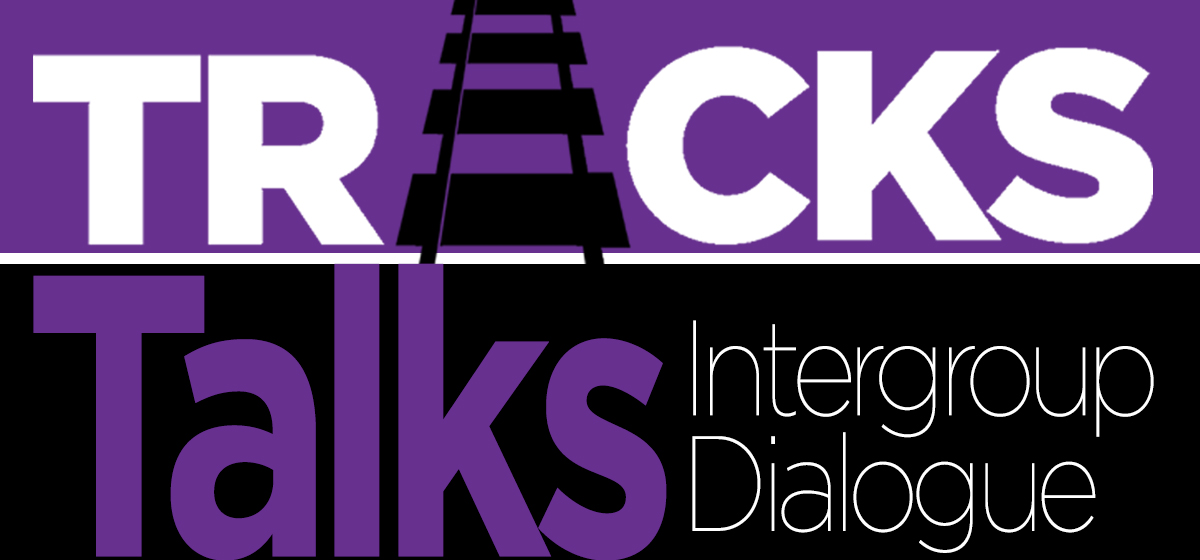Through a collaborative partnership model between the Center for Human Rights and Social Justice, The School of Social Work and the University’s Human Resources Division we use TRACKS IGD to expand interprofessional education and address stereotype awareness and prejudice reduction among faculty and staff at Barry University. Here, the disciplines of social work and human resources join interdisciplinary forces to tackle one of the most pressing contemporary problems we face – combatting racism, sexism, homophobia, xenophobia, and the like on campus.
The model begins with a review of the shared goals between the entities with respect to reducing prejudice and discrimination on campus Steps in the partnership included a review of existing programs, strategizing around staff resources and examining capacity of employee training processes. Finally, the process for launching the intergroup dialogues included a thorough discussion of group composition with respect to power differentials, recruitment, facilitator training, and lessons learned. This program is currently being researched and evaluated for efficacy as an employee intervention.
What participants had to say:
"In the 28 years I have been in the Barry community, the anti-discrimination statement our university has utilized has morphed with the needs of society to recognize the many forms of our humanity. Participating in the TRACKS dialogue gave me a unique opportunity to live in the discussion with others on how these most personal realities impact lives. It was a transformational experience I greatly value" Barry Staff.
"Engaging in the TRACKS dialogues provided sustained opportunities for us to develop deep interpersonal relationships with BarryU colleagues from a variety of divisions and academic disciplines we might otherwise rarely have encountered. Our day-to-day silos dissolved during our precious lunchtime meetings, as we opened ourselves to mediated critical reflection and a (re)discovery of the shared humanity within ourselves, society, and the Barry University community at-large" Faculty

